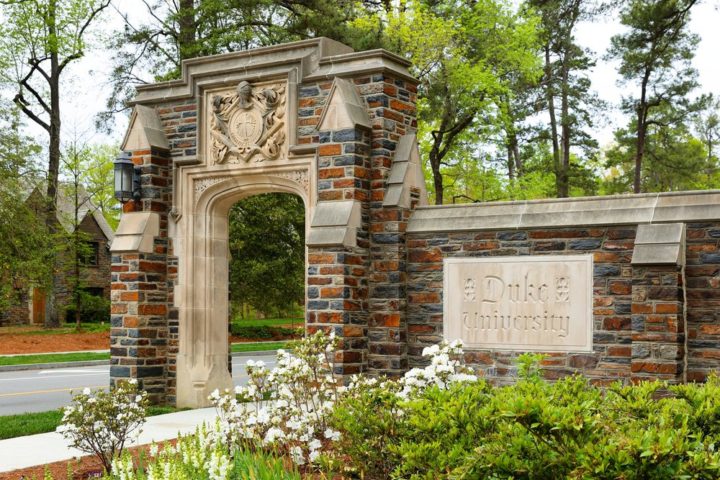According to a story from neurology.duke.edu, Duke University has recently been recognized as a Center of Excellence for Dystonia treatment by the Tyler’s Hope for a Dystonia Cure Foundation. This makes Duke the second Center of Excellence focused on the condition in the US. The foundation has partnered with Duke to help enhance the management and treatment of dystonia.
“Tyler’s Hope for a Dystonia Cure has already helped Duke reach a critical point in our ability to care for and understand dystonia. Thanks to their help as a Center of Excellence we can advance promising research on therapies for dystonia, and deliver outstanding, state-of-the-art interdisciplinary care to every person with this condition.” – Nicole Calakos, MD, PhD, Distinguished Professor of Neurobiology and Neurology, Chief of the Division of Movement Disorders
About Dystonia
Dystonia is a rare and unusual neurological disorder that is characterized by repetitive movements and muscle contractions that can result in abnormal postures. The movements can resemble a tremble and often worsen with physical activity. Symptoms can progress to affect more muscles over time. The cause of dystonia varies; in some cases, the cause is unknown, but it can be caused by brain inflammation, drug reactions, and head injuries. Repetitive use of certain muscles can cause those muscles to be affected; this is called focal dystonia. They appear in people who require precise muscle function, such as artists or musicians. There are some medications and management approaches that can provide some relief, but there is no real cure. To learn more about dystonia, click here.
Tyler’s Hope for a Cure Dystonia Foundation has committed $1,000,000 in funding over seven years to help achieve this mission. Duke is also seeking further funding from other donors.
Patients that arrive at Duke for treatment have access to an experienced interdisciplinary team of professionals, such as specially trained neurologists, social workers, speech therapists, neurosurgeons, pharmacists, and ear, nose, and throat specialists. Duke’s Movement Disorders Clinic has also implemented events, newsletters, and support groups to help build community and awareness surrounding dystonia.
Learn more about some of Duke’s pioneering research into dystonia here.





